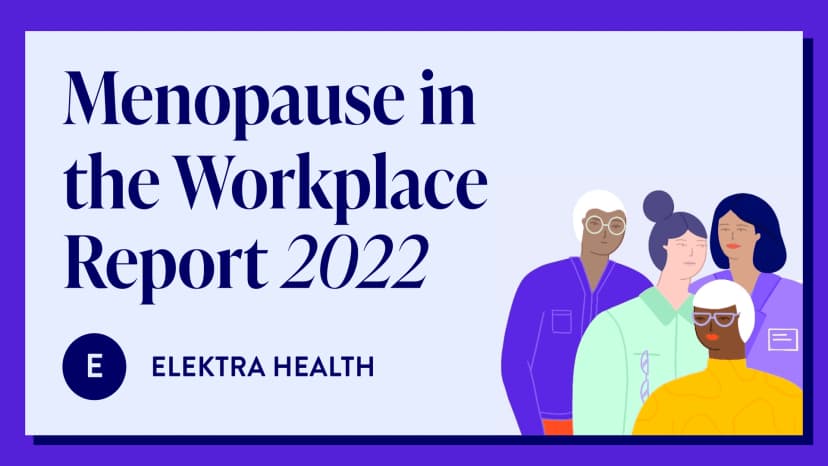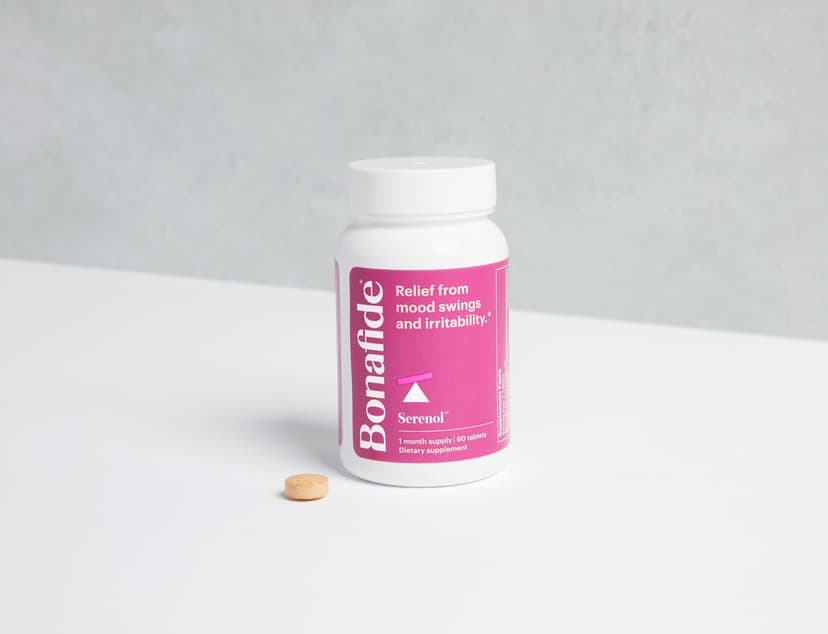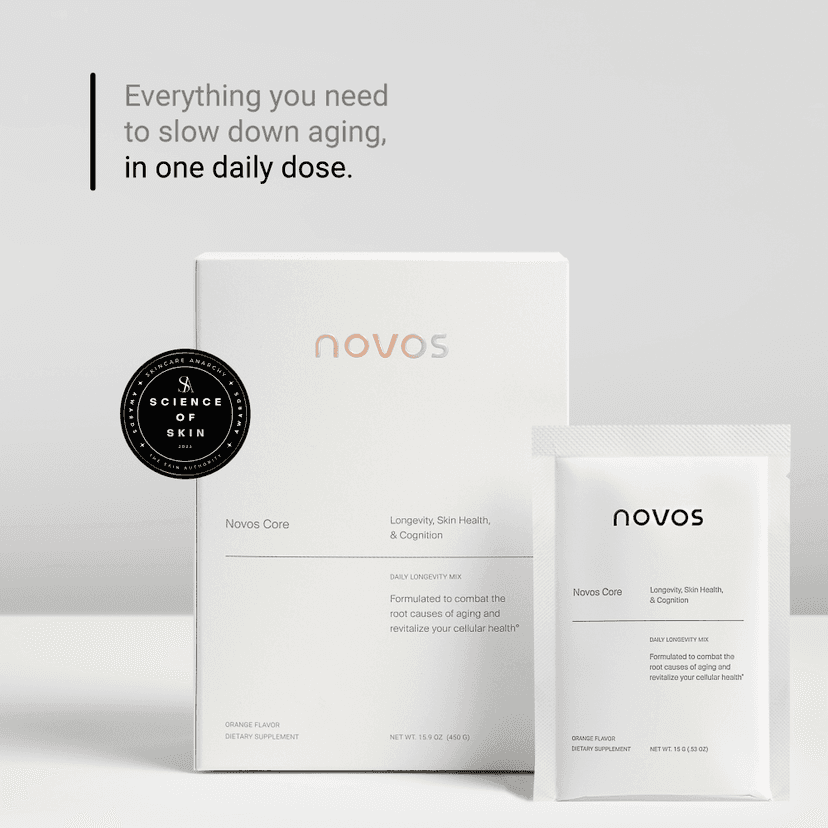Menopause is a natural part of every woman's life but is often shrouded in mystery and not openly discussed. This can leave many women feeling unprepared for the changes and symptoms that come with it, such as hot flashes, mood swings, and weight gain. Our goal is to provide you with all the essential information about menopause, from its stages and symptoms to treatment options and lifestyle adjustments. By understanding what to expect, you can navigate this phase of life with confidence and ease.
Key Takeaways
- Menopause is a natural process that every woman will experience, typically occurring between the ages of 45 and 55.
- The stages of menopause include perimenopause, menopause, and postmenopause, each with its own set of symptoms and changes.
- Common symptoms of menopause include hot flashes, mood swings, and weight gain, but these can vary widely among women.
- There are various treatment options available, including hormone replacement therapy, non-hormonal treatments, and alternative therapies.
- Lifestyle adjustments such as a balanced diet, regular exercise, and stress management techniques can help manage menopause symptoms.
Understanding the Stages of Menopause
Perimenopause: The Transition Phase
Perimenopause is the time leading up to menopause. During this phase, your periods may become irregular, and you might notice changes in menstrual flow. Hot flashes and night sweats are common symptoms during this stage. This phase can last several years as your body gradually produces less estrogen.
Menopause: The Final Menstrual Period
Menopause is marked by the end of menstrual cycles. A woman is considered to have reached menopause when she hasn't had a period for 12 consecutive months. Symptoms like hot flashes may continue, but the key indicator is the absence of menstruation.
Postmenopause: Life After Menopause
Postmenopause begins after you have gone a full year without a period. During this stage, symptoms like hot flashes may lessen, but the risk for certain health conditions, such as osteoporosis and heart disease, can increase. It's important to maintain a healthy lifestyle to manage these risks.
Menopause is a natural part of aging, and understanding its stages can help you prepare and manage the changes effectively.
Common Symptoms of Menopause
Hot Flashes and Night Sweats
Hot flashes and night sweats are among the most common symptoms of menopause. These sudden feelings of heat can be intense and uncomfortable. They often occur at night, leading to sleep disturbances and fatigue.
Mood Changes and Anxiety
Mood swings, anxiety, and irritability are also frequent during menopause. Hormonal changes can lead to unpredictable shifts in mood, making it challenging to manage daily activities.
Weight Gain and Metabolism Changes
Many women experience weight gain and a slower metabolism during menopause. This can be frustrating and may require adjustments in diet and exercise to manage effectively.
It's important to remember that each woman's experience with menopause is unique. Some may have mild symptoms, while others may find them more severe.
Potential Complications During Menopause
Bone Health and Osteoporosis
After menopause, women are at a higher risk of developing osteoporosis. This condition makes bones weak and more likely to break. Estrogen helps keep bones strong, and when its levels drop, bones can become fragile. It's important to get enough calcium and vitamin D to support bone health.
Cardiovascular Risks
Menopause can increase the risk of heart disease. Lower estrogen levels can lead to higher cholesterol and blood pressure. To reduce these risks, it's crucial to maintain a healthy diet, exercise regularly, and avoid smoking.
Impact on Sexual Health
Menopause can cause changes in sexual health, including vaginal dryness and discomfort during intercourse. These changes are due to lower estrogen levels. Using lubricants and talking to a healthcare provider about other treatments can help manage these symptoms.
Menopause brings many changes, but understanding the potential complications can help you take steps to stay healthy.
Causes and Risk Factors of Menopause
Natural Aging Process
Menopause is a natural part of aging. As women get older, their ovaries produce less estrogen and progesterone, the hormones that control menstruation. This gradual decline usually starts in a woman's late 30s and continues until menopause, typically around age 51.
Medical Induced Menopause
Sometimes, menopause can be triggered by medical treatments. These include:
- Chemotherapy
- Radiation therapy
- Surgery that removes the ovaries
These treatments can damage the ovaries or reduce their function, leading to early menopause.
Genetic and Lifestyle Factors
Genetics and lifestyle choices can also influence when menopause starts. If a woman's mother or sisters experienced early menopause, she might too. Lifestyle factors like smoking can also lead to earlier menopause.
It's important to understand that menopause is a unique experience for every woman, influenced by a mix of natural, medical, and lifestyle factors.
Diagnosis and Medical Consultation
Recognizing the Signs
Recognizing the signs of menopause is the first step in managing it effectively. Common symptoms include irregular periods, hot flashes, and mood swings. It's important to note that these symptoms can vary widely among women. Keeping a symptom diary can help you and your healthcare provider understand your unique experience.
Medical Tests and Evaluations
To confirm menopause, doctors may recommend several tests. These can include:
- Blood tests to check hormone levels, such as follicle-stimulating hormone (FSH) and estrogen.
- Thyroid function tests to rule out other conditions that might mimic menopause symptoms.
- Bone density tests to assess the risk of osteoporosis.
When to Seek Professional Help
You should seek professional help if your symptoms are severe or affecting your quality of life. Consulting a healthcare provider can provide you with tailored advice and treatment options. Don't hesitate to reach out if you experience unusual symptoms, such as heavy bleeding or severe mood changes.
Early diagnosis and consultation can make a significant difference in managing menopause effectively.
Treatment Options for Menopause Symptoms
Hormone Replacement Therapy (HRT)
Hormone Replacement Therapy (HRT) involves taking hormones to reduce menopause symptoms. These hormones, usually estrogen and progesterone, can be taken in different forms like pills, skin patches, or vaginal creams. HRT is often effective but may not be suitable for everyone. It's important to discuss with your doctor to see if it's the right choice for you.
Non-Hormonal Treatments
There are non-hormonal prescriptions available that can help manage menopause symptoms. Some options include:
- Birth control pills to balance hormones.
- Antidepressants (SSRIs and SNRIs) for mood swings and hot flashes.
- Gabapentin or fezolinetant for hot flashes.
- Oxybutynin for overactive bladder and hot flashes.
- Vaginal creams and lubricants for dryness.
Alternative and Complementary Therapies
Alternative treatments like homeopathy and herbal remedies, often called bioidentical hormones, may offer some relief. However, there are concerns about their safety and effectiveness. Always consult your healthcare provider before starting any alternative therapies.
It's crucial to find a treatment plan that works best for you. Consult your healthcare provider to explore all available options.
Lifestyle Adjustments for Managing Menopause
Diet and Nutrition
Eating a balanced diet can help manage menopause symptoms. Focus on foods rich in calcium and vitamin D to support bone health. Avoid spicy foods and caffeine, which can trigger hot flashes. Staying hydrated is also crucial.
Exercise and Physical Activity
Regular exercise can improve your mood and help maintain a healthy weight. Aim for at least 30 minutes of moderate activity, like walking or swimming, most days of the week. Strength training exercises can also help maintain muscle mass and bone density.
Stress Management Techniques
Managing stress is important during menopause. Techniques such as deep breathing, yoga, and meditation can help. Consider keeping a journal to track your symptoms and identify stress triggers. Joining a support group can also provide emotional relief.
Making small lifestyle changes can significantly improve your quality of life during menopause. Remember, it's about finding what works best for you.
Menopause and Mental Health
Depression and Anxiety
Menopause can bring about significant emotional changes. Many women experience feelings of depression and anxiety during this time. These mood shifts can range from mild to severe, sometimes leading to panic attacks. It's important to recognize these symptoms and seek help if needed.
Cognitive Changes
Cognitive changes, often referred to as "brain fog," are common during menopause. Women may find it difficult to concentrate, remember things, or stay focused. These changes can be frustrating but are a normal part of the menopausal transition.
Support Systems and Counseling
Having a strong support system is crucial during menopause. Friends, family, and support groups can provide emotional backing. Counseling or therapy can also be beneficial in managing the emotional and mental health challenges that come with menopause.
Menopause is a natural phase of life, but its emotional and mental impacts should not be overlooked. Seeking support and treatment can make this transition smoother and more manageable.
Conclusion
Menopause is a natural part of aging that every woman will experience. While it can bring about many changes, understanding what to expect can make the transition smoother. From recognizing the stages and symptoms to exploring treatment options and lifestyle adjustments, being informed is key. Remember, you're not alone in this journey. There are many resources and healthcare professionals available to help you manage the symptoms and maintain your quality of life. Stay proactive, seek support, and take care of your health during this important phase of life.
Frequently Asked Questions
What is menopause?
Menopause is when a woman's menstrual periods stop for good, usually around age 51. It happens because the ovaries stop making hormones like estrogen and progesterone.
What are the stages of menopause?
Menopause has three stages: perimenopause (the transition phase), menopause (when periods stop), and postmenopause (life after menopause).
What are common symptoms of menopause?
Common symptoms include hot flashes, night sweats, mood swings, anxiety, weight gain, and changes in metabolism.
Can menopause cause health problems?
Yes, menopause can lead to bone health issues like osteoporosis, higher risk of heart problems, and changes in sexual health.
What treatments are available for menopause symptoms?
Treatments include hormone replacement therapy (HRT), non-hormonal treatments, and alternative therapies like herbal supplements.
How can lifestyle changes help manage menopause symptoms?
Eating a healthy diet, exercising regularly, and managing stress can help ease menopause symptoms.


















